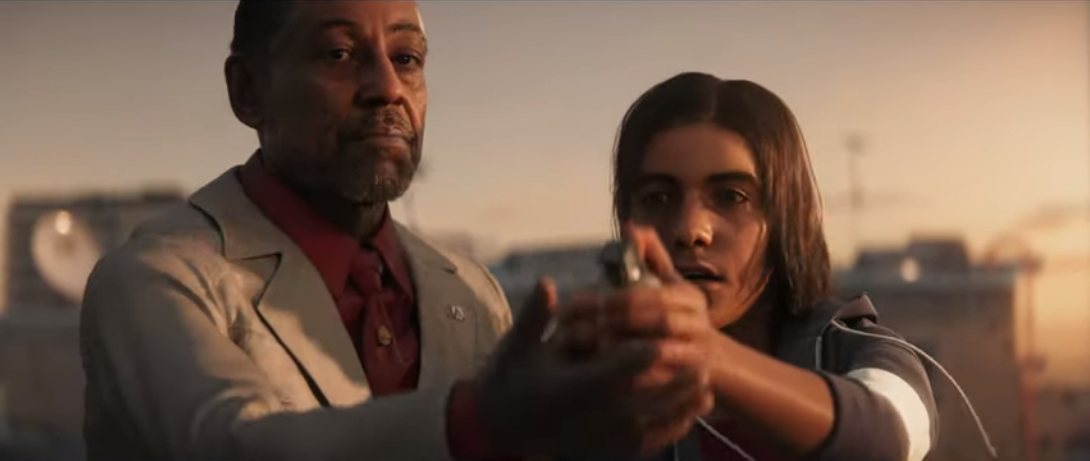The processed-food industry and gaming industry have a lot in common. They are both extremely secretive, and they both use the science of brain chemistry to drive the design of their products. And that leads us to salty, sugary snacks that never quite satisfy but that we cannot stop eating. And it also leads to games like Far Cry 6 that we cannot stop playing.
Ubisoft has spent years perfecting a design process that is meant to overwhelm players. In the way that food companies mix together sugars, fats, and salts to engineer an addictive response, Ubisoft mixes together progression, unlocks, and map distractions to produce a similar effect.

Unlock premium content and VIP community perks with GB M A X!
Join now to enjoy our free and premium membership perks.
![]()

![]()